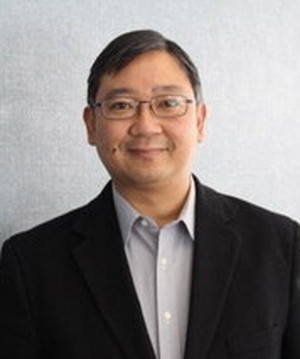Julius-Kei Kato
Discussion Panelist
Dr. Julius-Kei Kato
Professor, King’s College-Western University
[Biography]
Julius-Kei Kato is professor of Biblical and Religious Studies at King’s College-Western University, London, Ontario, Canada where he teaches courses on the New Testament, Religious Pluralism, and Spirituality, among others.
He has done graduate studies in Jerusalem (Hebrew University), Rome where he obtained a Licentiate in Sacred Scriptures (S.S.L.) from the Pontifical Biblical Institute in 1998, and Berkeley-California where he received a Ph.D. in Systematic & Philosophical Theology (with a focus in hermeneutics) from the Graduate Theological Union in 2006.
He did his undergraduate studies and later taught as Assistant Professor at the Sophia University in Tokyo, Japan. Among his published works are How Immigrant Christians Living in Mixed Cultures Interpret Their Religion (2012), Religious Language and Asian [North] American Hybridity (2016), and Reading the Bible in a Secular Age (2023). He continues to study how our religious traditions and scriptures can be a force for good in a globalized and hybridized world.
Professor, King’s College-Western University
[Biography]
Julius-Kei Kato is professor of Biblical and Religious Studies at King’s College-Western University, London, Ontario, Canada where he teaches courses on the New Testament, Religious Pluralism, and Spirituality, among others.
He has done graduate studies in Jerusalem (Hebrew University), Rome where he obtained a Licentiate in Sacred Scriptures (S.S.L.) from the Pontifical Biblical Institute in 1998, and Berkeley-California where he received a Ph.D. in Systematic & Philosophical Theology (with a focus in hermeneutics) from the Graduate Theological Union in 2006.
He did his undergraduate studies and later taught as Assistant Professor at the Sophia University in Tokyo, Japan. Among his published works are How Immigrant Christians Living in Mixed Cultures Interpret Their Religion (2012), Religious Language and Asian [North] American Hybridity (2016), and Reading the Bible in a Secular Age (2023). He continues to study how our religious traditions and scriptures can be a force for good in a globalized and hybridized world.

